
Tatary: The Hidden Gem of Lublin
Tatary, an enchanting neighborhood in Lublin, Poland, offers a unique blend of history and modernity. This area, once an industrial hub, has gracefully transformed into a vibrant community, rich in culture and heritage. The juxtaposition of historic architecture with contemporary amenities makes Tatary a fascinating place for tourists seeking an authentic Polish experience. Strolling through Tatary, visitors can admire its charming streets lined with colorful murals and street art, showcasing the neighborhood's creative spirit. Local cafes and eateries serve delicious Polish cuisine, providing a delightful culinary journey. The neighborhood's parks and green spaces offer a peaceful retreat, perfect for relaxation and leisurely walks. Tatary is also home to several historical landmarks and museums, reflecting its industrial past and cultural evolution. The friendly locals and welcoming atmosphere make it easy for tourists to immerse themselves in the local culture and traditions. Whether you're a history buff, a foodie, or simply looking to explore off-the-beaten-path destinations, Tatary in Lublin promises a memorable and enriching experience.
Local tips in Tatary
- Visit the local museums to learn about Tatary's industrial past.
- Try the traditional Polish dishes at neighborhood cafes.
- Explore the street art and murals for a glimpse of local creativity.
- Take a leisurely walk in the parks and green spaces.
- Engage with friendly locals to learn more about the area's culture and traditions.
Tatary: The Hidden Gem of Lublin
Tatary, an enchanting neighborhood in Lublin, Poland, offers a unique blend of history and modernity. This area, once an industrial hub, has gracefully transformed into a vibrant community, rich in culture and heritage. The juxtaposition of historic architecture with contemporary amenities makes Tatary a fascinating place for tourists seeking an authentic Polish experience. Strolling through Tatary, visitors can admire its charming streets lined with colorful murals and street art, showcasing the neighborhood's creative spirit. Local cafes and eateries serve delicious Polish cuisine, providing a delightful culinary journey. The neighborhood's parks and green spaces offer a peaceful retreat, perfect for relaxation and leisurely walks. Tatary is also home to several historical landmarks and museums, reflecting its industrial past and cultural evolution. The friendly locals and welcoming atmosphere make it easy for tourists to immerse themselves in the local culture and traditions. Whether you're a history buff, a foodie, or simply looking to explore off-the-beaten-path destinations, Tatary in Lublin promises a memorable and enriching experience.
Iconic landmarks you can’t miss
Lithuanian Square
Explore the heart of Lublin at Lithuanian Square, a vibrant monument celebrating the cultural ties between Lithuania and Poland.
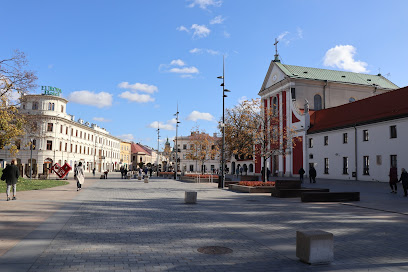
plac Po Farze
Experience the vibrant culture and stunning architecture at Plac Po Farze, a must-visit tourist attraction in Lublin, Poland.
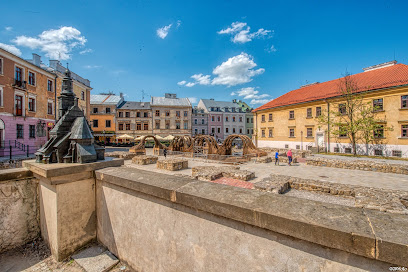
The Old Town Market Square
Explore the enchanting Old Town Market Square in Lublin, a historical landmark filled with vibrant culture, stunning architecture, and delightful local flavors.
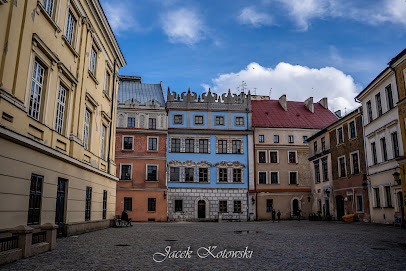
Wieża Trynitarska - Muzeum Archidiecezji Lubelskiej
Explore Lublin's Trinitarian Tower, a historical landmark offering stunning views and a glimpse into the region's rich cultural heritage.
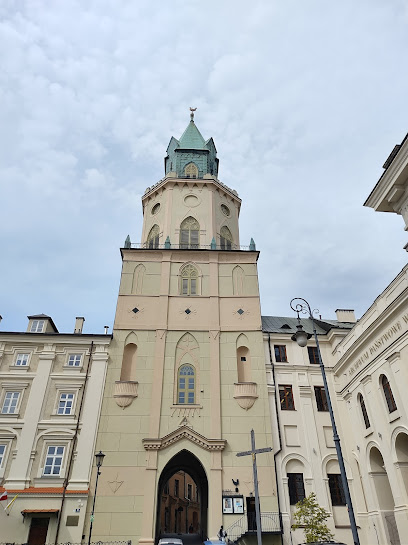
Park Tatary
Discover the tranquil beauty of Park Tatary, a serene oasis in Lublin, perfect for relaxation, recreation, and enjoying nature.
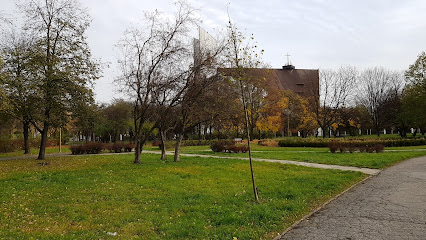
Fish Gate in Lublin
Explore the enchanting Fish Gate in Lublin, a historical landmark that captures the essence of the city’s medieval heritage and architectural beauty.
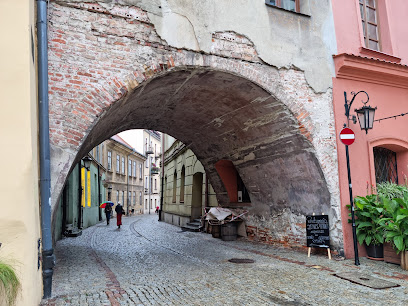
Gothic Tower
Visit the Gothic Tower in Lublin: a stunning landmark blending history and breathtaking views, perfect for every traveler's itinerary.
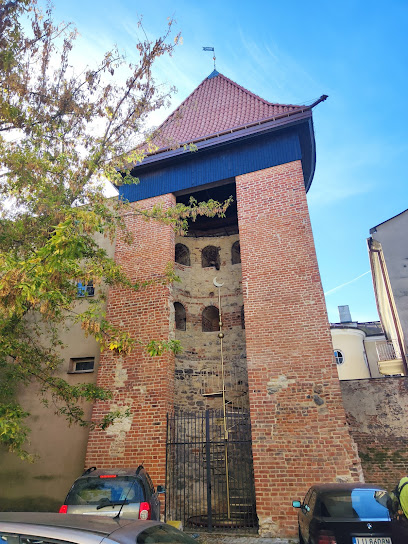
Remains of the Castle Tower
Discover the captivating historical essence of Lublin at the Remains of the Castle Tower, a must-visit attraction for every traveler.
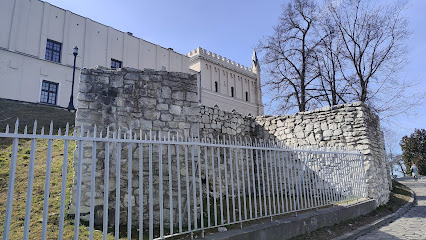
Zabytkowa kamienica
Explore Zabytkowa Kamienica in Lublin, a stunning historical attraction showcasing Poland's architectural beauty and cultural richness.
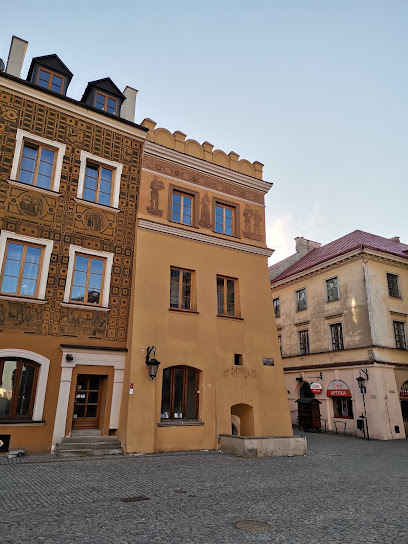
Monument to Major Zapora's Combat Group
Explore Lublin's history at the Monument to Major Zapora's Combat Group, a tribute to resilience and courage during WWII.
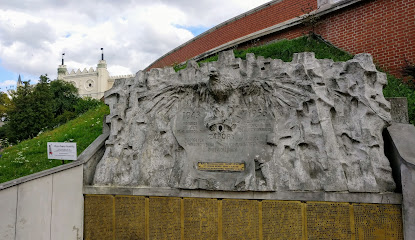
Unmissable attractions to see
Saxon Garden
Explore Saxon Garden in Lublin, a serene state park filled with lush landscapes, historical monuments, and vibrant flora, perfect for relaxation and exploration.
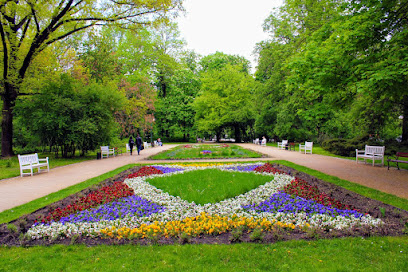
The Donjon
Explore the Donjon in Lublin: a historical gem showcasing medieval architecture and fascinating exhibitions in a picturesque setting.
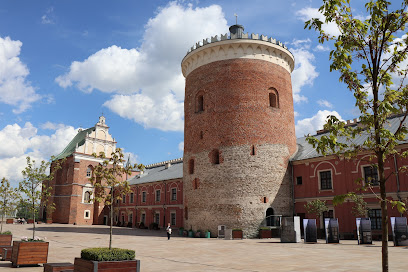
Dworek Wincentego Pola - Filia Muzeum Narodowego w Lublinie
Discover the literary legacy of Wincenty Pol at Dworek Wincentego Pola, a charming museum in Lublin showcasing Poland's cultural heritage.
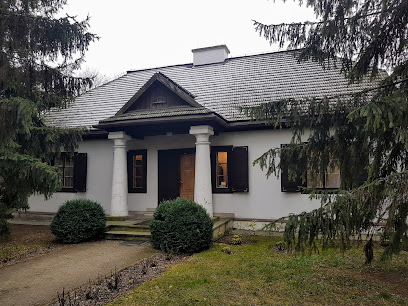
Cellar under the fortune
Explore Lublin's captivating history at the Cellar Under the Fortune, a hidden museum that reveals the city's rich cultural heritage.
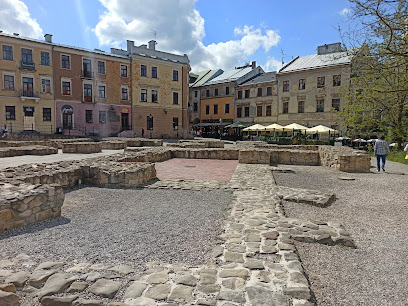
Essential places to dine
Stół i Wół
Experience exquisite steaks and gourmet burgers at Stół i Wół in Lublin—where culinary tradition meets modern dining.
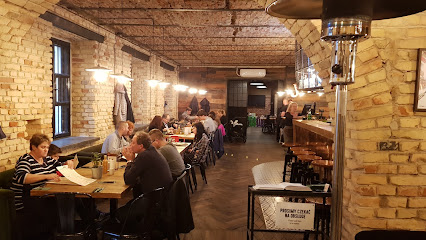
Mandragora żydowska restauracja
Discover authentic Jewish flavors at Mandragora in Lublin – where tradition meets taste in a warm and inviting atmosphere.
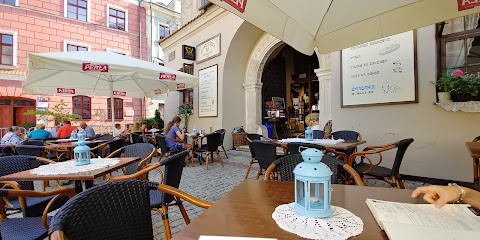
Sielsko Anielsko
Discover authentic Polish cuisine at Sielsko Anielsko in Lublin – where tradition meets flavor in a cozy setting.
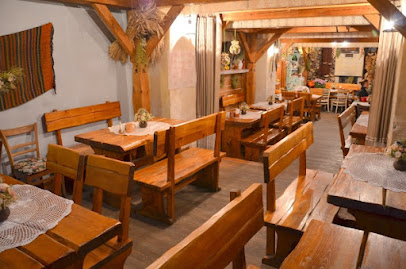
Restauracja Zielony Talerzyk Lublin
Experience authentic Polish cuisine with modern twists at Zielony Talerzyk - where local produce meets diverse dietary options.
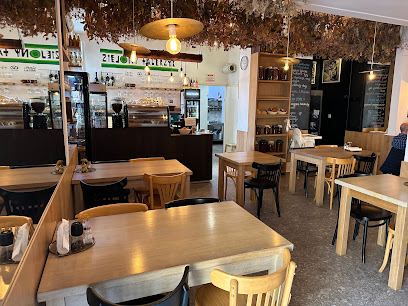
Restauracja Magia
Experience exquisite European dining at Restauracja Magia in Lublin, where traditional flavors meet modern culinary artistry.
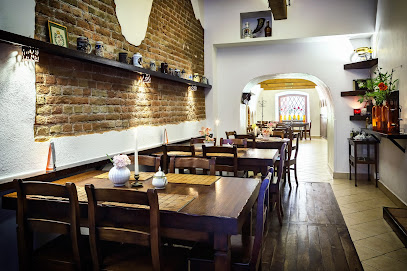
TINTO Wine Bar Restauracja Lublin
Discover TINTO Wine Bar Restauracja in Lublin - where exquisite flavors meet an exceptional wine selection in a charming atmosphere.
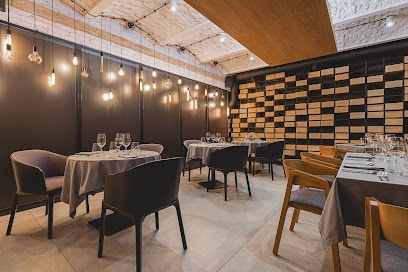
Restauracja 16 stołów w Lublinie
Experience the finest Polish cuisine at Restauracja 16 Stołów in Lublin, where tradition meets innovation in every dish.
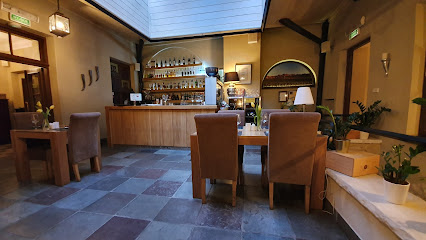
Taki Myk! Food Truck
Discover Taki Myk! Food Truck in Lublin – your go-to spot for delicious American street food with a local twist.
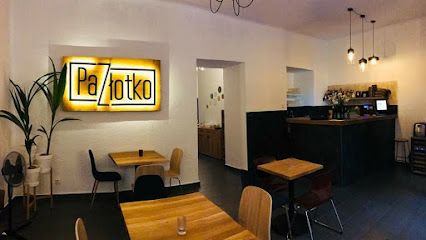
Chapter One by Piotr Kwiatosz- Restauracja Private Dining
Discover exceptional Polish cuisine at Chapter One by Piotr Kwiatosz in Lublin - where tradition meets modern elegance.
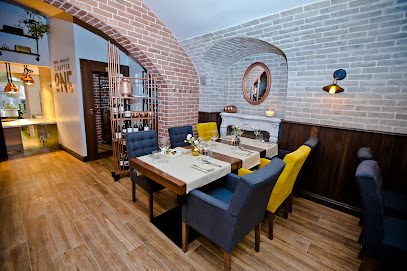
Encanto Bistro
Experience the best of Polish cuisine at Encanto Bistro in Lublin - where local flavors meet modern culinary artistry.
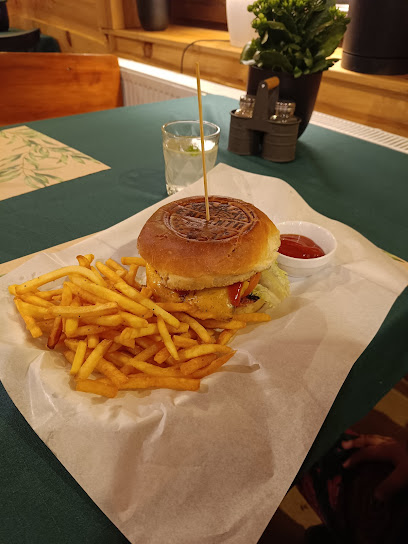
Markets, malls and hidden boutiques
Outlet Lublin
Explore Outlet Lublin: A shopper's paradise offering a blend of fashion, dining, and vibrant atmosphere in the heart of Lublin, Poland.
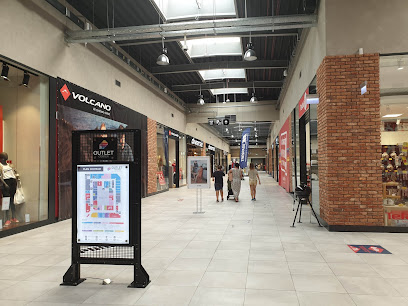
TEDi
Explore TEDi in Lublin for an exceptional selection of home goods, stylish decor, and unique gifts at budget-friendly prices for every traveler.
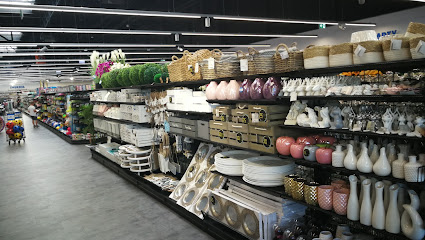
Retail Park Tartars
Retail Park Tartars: A Shopping Haven in Lublin with Diverse Stores, Dining, and Entertainment for Every Visitor.
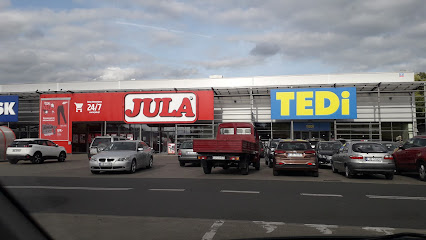
Megasport
Discover the ultimate sporting goods store in Lublin, offering a wide range of equipment and stylish athletic apparel for all sports lovers.
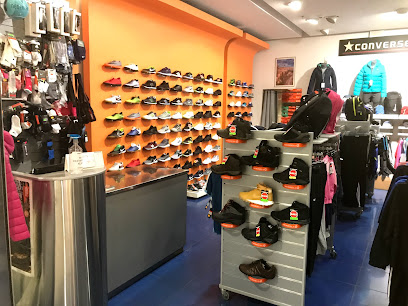
Park Tatary
Explore Park Tatary in Lublin for an unforgettable shopping experience blending local culture with modern amenities.
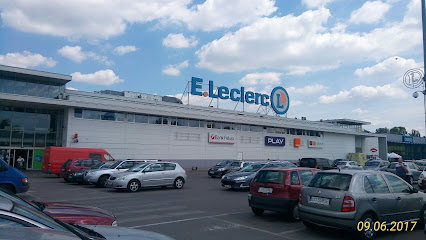
BARBORA POLSKA Sp. z o.o.
Experience local retail at BARBORA POLSKA, a vibrant store in Lublin offering a variety of products and local delicacies for every traveler.
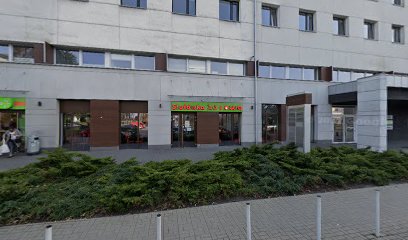
P.H BARMI
Discover the latest fashion trends at P.H BARMI, a chic clothing store in Lublin offering unique styles and exceptional service.
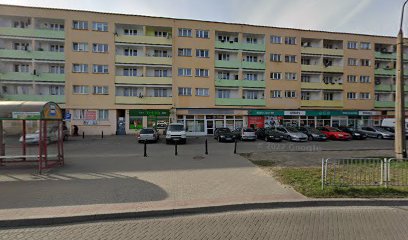
Modinoo - strefa outlet & używka
Experience Lublin's unique shopping scene at Modinoo, where style meets affordability in a charming outlet atmosphere.
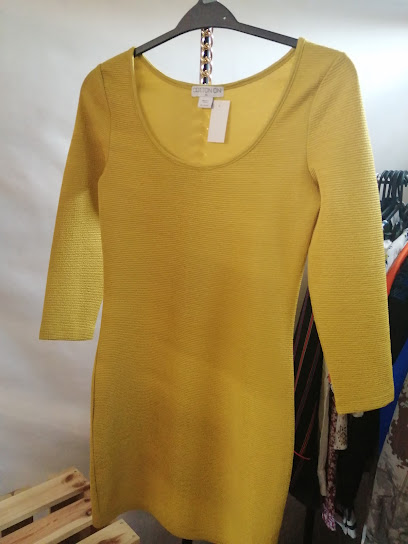
STOP SHOP Lublin
Experience the best of shopping and dining at STOP SHOP Lublin, a vibrant retail destination in the heart of Lublin, Poland.
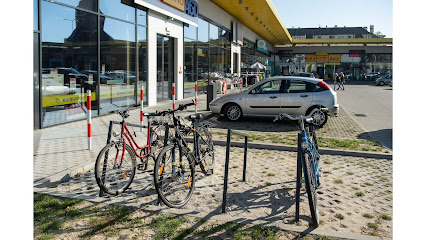
Branded Toys Sp. Z O.o.
Explore Branded Toys Sp. Z O.o. in Lublin for a delightful array of toys, games, and gifts that inspire creativity and joy for all ages.
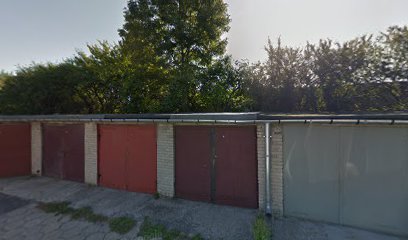
Essential bars & hidden hideouts
Św. Michał - pub regionalny
Experience Lublin’s local culture at Św. Michał Brewpub - savor delicious Polish cuisine and craft beers in a cozy atmosphere.
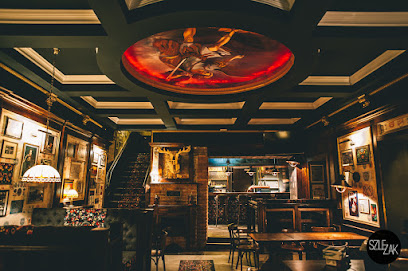
Ostro Klubokawiarnia
Experience the fusion of American and Polish flavors at Ostro Klubokawiarnia, a lively lounge in the heart of Lublin.
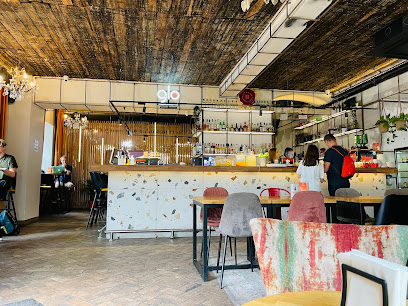
Perłowa Pijalnia Piwa
Discover the vibrant Perłowa Pijalnia Piwa, a lively bar in Lublin offering a fantastic selection of beers, delicious food, and unforgettable nightlife experiences.
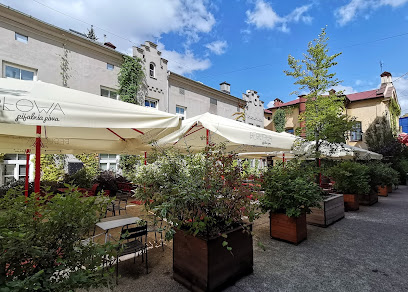
Dirty Joe Lublin
Experience the best of American comfort food at Dirty Joe Lublin, featuring mouthwatering cheesesteaks and Southern-inspired dishes in a cozy brewpub atmosphere.
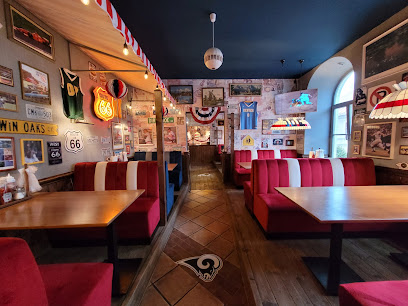
Trybunalska Lublin City Pub
Discover the heart of Lublin's culinary scene at Trybunalska City Pub, where delightful dishes meet a vibrant atmosphere.
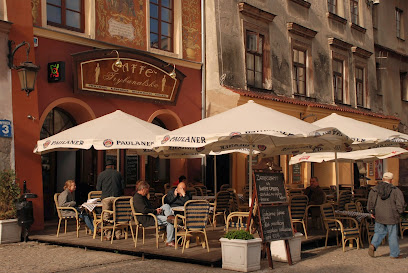
Pub u Szewca
Experience the vibrant ambiance and local flavors at Pub u Szewca, a top destination for food and drink in Lublin, Poland.
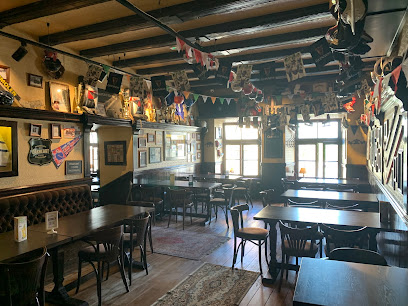
U Fotografa - Craft Beer Pub
Discover U Fotografa - a charming brewpub in Lublin offering a curated selection of craft beers and gourmet burgers in a cozy atmosphere.
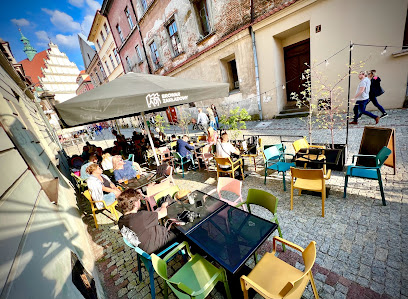
Nocny Portier - Cocktail Bar
Discover Nocny Portier, Lublin's premier cocktail bar offering innovative drinks and a cozy lounge atmosphere for an unforgettable night out.
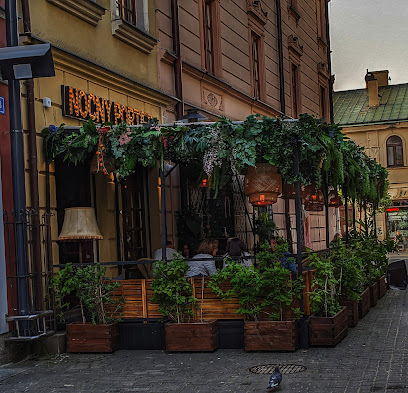
Padbar
Discover Padbar in Lublin, a lively bar with a diverse drink selection and a vibrant atmosphere perfect for unwinding after exploring the city.
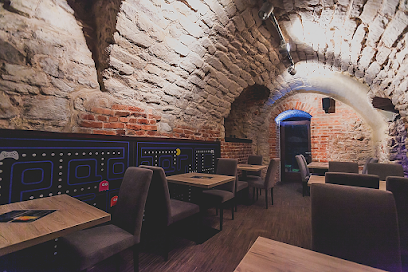
Rider's Pub
Discover the vibrant atmosphere and craft beer selection at Rider's Pub, a premier brewpub in Lublin for an unforgettable experience.
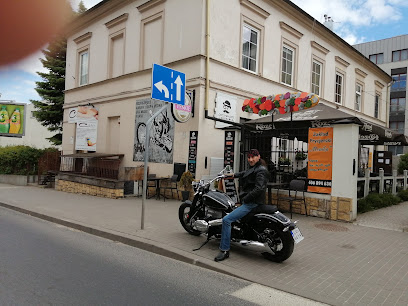
Just Crafted
Experience the lively atmosphere of Just Crafted in Lublin, where craft beers meet board games in a cozy pub setting.
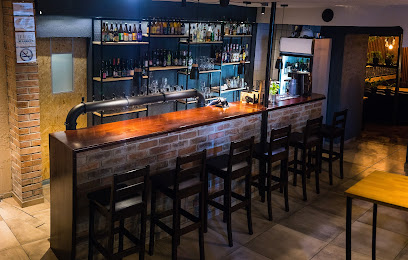
Bar Mleczny To i Owo
Discover the heart of Polish cuisine at Bar Mleczny To i Owo, a hidden gem in Lublin known for its succulent dumplings and traditional dishes.
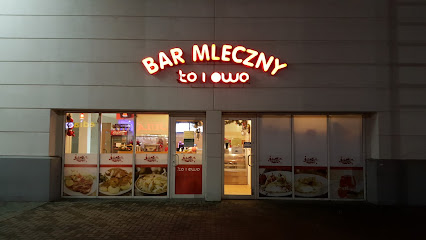
Bagatela Pub
Discover the heart of Lublin at Bagatela Pub, where craft beers and a cozy atmosphere create the perfect brewpub experience.
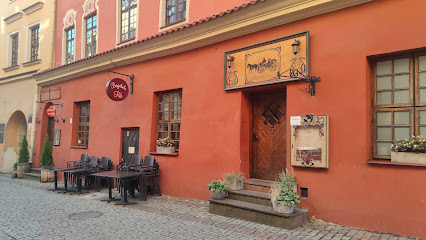
Garmażerka & Obiady
Discover the authentic flavors of Poland at Garmażerka & Obiady, a cozy bar in Lublin offering traditional dishes in a welcoming atmosphere.
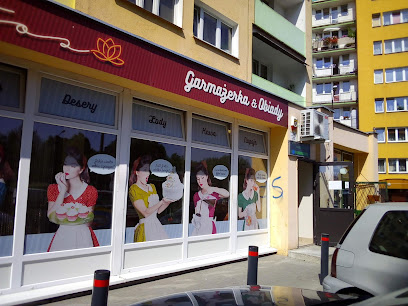
Local Phrases
-
- HelloCześć
[ch-esh-ch] - GoodbyeDo widzenia
[do vee-dzeh-nya] - YesTak
[tahk] - NoNie
[nyeh] - Please/You're welcomeProszę
[proh-sheh] - Thank youDziękuję
[jyen-koo-yeh] - Excuse me/SorryPrzepraszam
[psh-eh-prah-sham] - How are you?Jak się masz?
[yahk shyeh mahsh] - Fine. And you?Dobrze. A ty?
[doh-bzheh. ah ti] - Do you speak English?Czy mówisz po angielsku?
[chi moo-veesh poh ahn-gyehl-skoo] - I don't understandNie rozumiem
[nyeh roh-zoo-myem]
- HelloCześć
-
- I'd like to see the menu, pleaseChciałbym zobaczyć menu, proszę
[h-chyah-bim zoh-bah-chich meh-noo, proh-sheh] - I don't eat meatNie jem mięsa
[nyeh yem myen-sah] - Cheers!Na zdrowie!
[nah zdroh-vyeh] - I would like to pay, pleaseChciałbym zapłacić, proszę
[h-chyah-bim zah-plah-cheech, proh-sheh]
- I'd like to see the menu, pleaseChciałbym zobaczyć menu, proszę
-
- Help!Pomocy!
[poh-moh-tsi] - Go away!Idź sobie!
[eedzh soh-byeh] - Call the Police!Zadzwoń po policję!
[zahdz-von poh po-leets-yeh] - Call a doctor!Zadzwoń po lekarza!
[zahdz-von poh leh-kah-zah] - I'm lostZgubiłem się
[zgoo-byeh-wem shyeh] - I'm illJestem chory
[yeh-stem hoh-ri]
- Help!Pomocy!
-
- I'd like to buy...Chciałbym kupić...
[h-chyah-bim koo-peech] - I'm just lookingTylko się rozglądam
[tyoo-koh shyeh rohz-gwah-dam] - How much is it?Ile to kosztuje?
[ee-leh toh koh-sh-too-yeh] - That's too expensiveTo jest za drogie
[toh yest zah droh-gyeh] - Can you lower the price?Czy można obniżyć cenę?
[chi moh-nah ohb-nee-zhich cheh-neh]
- I'd like to buy...Chciałbym kupić...
-
- What time is it?Która jest godzina?
[ktoo-rah yest goh-dzee-nah] - It's one o'clockJest pierwsza
[yest pyeh-vee-ssah] - Half past (10)Pół godziny po dziesiątej
[poow goh-dzee-ny poh dzyeh-shoh-neh-tyeh] - MorningRano
[rah-noh] - AfternoonPopołudnie
[poh-poo-wood-nyeh] - EveningWieczór
[vyeh-choor] - YesterdayWczoraj
[v-choh-rye] - TodayDzisiaj
[jyi-shy-yei] - TomorrowJutro
[yoo-troh] - 1Jeden
[yeh-den] - 2Dwa
[dvah] - 3Trzy
[tshih] - 4Cztery
[ch-teh-ri] - 5Pięć
[py-ehnch] - 6Sześć
[szesh-ch] - 7Siedem
[shyeh-dem] - 8Osiem
[oh-shyehm] - 9Dziewięć
[dzye-vyehnch] - 10Dziesięć
[dzyeh-shyehnch]
- What time is it?Która jest godzina?
-
- Where's a/the...?Gdzie jest...
[gdzyeh yest] - What's the address?Jaki jest adres?
[yah-ki yest ah-dress] - Can you show me (on the map)?Czy możesz mi pokazać (na mapie)?
[chi mo-zhesh mee poh-kah-zach (nah mah-pyeh)] - When's the next (bus)?Kiedy jest następny (autobus)?
[kyeh-dee yest nah-stehp-ny (ow-toh-boos)] - A ticket (to ....)Bilet (do ...)
[bee-let (doh)]
- Where's a/the...?Gdzie jest...
History of Tatary
-
Tatary, a neighbourhood in Lublin, has its origins as a rural area characterized by agriculture and small-scale farming. Historical records indicate that this region was settled as early as the 16th century, with its inhabitants primarily engaging in crop cultivation and animal husbandry. The fertile lands surrounding Lublin contributed to the growth of local agriculture, which became a foundation for the community's development.
-
The 19th century brought significant demographic changes to Tatary, as the area began to attract diverse groups of people, including Jews, Ukrainians, and Poles. This period saw the establishment of various religious and cultural institutions, reflecting the neighbourhood's multicultural heritage. The diversity enriched local traditions, cuisine, and communal life, with numerous festivals and markets showcasing the vibrant blend of cultures.
-
During World War II, Tatary was significantly affected by the Nazi occupation of Poland. The Jewish population faced persecution, and many were deported to concentration camps. The war altered the demographic landscape of the neighbourhood, leading to a decline in its once-thriving Jewish community. Post-war, the area underwent reconstruction and a gradual process of resettlement, with a focus on rebuilding the local economy.
-
In the years following World War II, Tatary experienced rapid urbanization as Lublin expanded. The Polish government initiated housing projects to accommodate the growing population, resulting in the construction of numerous apartment blocks. This period marked a shift from the agricultural roots of the neighbourhood towards a more urban lifestyle, with increased access to education, healthcare, and public services.
-
In recent years, Tatary has seen efforts aimed at revitalizing the neighbourhood while preserving its historical and cultural heritage. Community initiatives focus on enhancing public spaces, promoting local businesses, and organizing cultural events that celebrate the unique identity of Tatary. These efforts aim to create a vibrant community that honors its past while looking towards a sustainable future.
Tatary Essentials
-
Tatary is accessible from various neighborhoods in Lublin. You can take a bus from the city center, with routes such as 13, 31, and 34 heading towards Tatary. Alternatively, taxis are readily available and can provide a direct route to your destination. If you are coming from the Lublin Train Station, local buses and taxis can easily take you to Tatary within 15-20 minutes.
-
Tatary is well-served by public transport, including buses that connect to the rest of Lublin. Bicycles can also be rented from local shops, which is a great way to explore the neighborhood and surrounding parks. The area is relatively walkable, making it easy to discover local cafes and shops on foot.
-
Tatary is generally a safe neighborhood for tourists. However, as in any urban area, it's important to remain vigilant. Avoid poorly lit streets at night and keep your belongings secure, especially in crowded areas. While there are no specific high-crime areas targeting tourists, areas near bus stops may experience petty theft, so stay cautious.
-
In case of an emergency, dial 112 for fire, police, or medical assistance. The nearest hospital is located in nearby Wieniawa. Always have travel insurance that covers emergencies. Pharmacies are also available throughout Tatary for minor health issues or over-the-counter medications.
-
Fashion: Do wear comfortable shoes as you may walk a lot. Don't wear overly flashy jewelry that might attract unwanted attention. Religion: Do respect the local customs, especially in churches. Public Transport: Do be mindful of personal space on crowded buses. Don't talk loudly or disturb others while traveling. Greetings: Do greet locals with a friendly smile and a handshake. Eating & Drinking: Do try traditional Polish dishes in local eateries. Don't eat in public transport or while walking.
-
To experience Tatary like a local, visit the neighborhood market for fresh produce and local delicacies. Engage with the residents; many enjoy sharing stories and recommendations. Don't miss the local parks for a leisurely stroll or a picnic. Also, look out for pop-up events or festivals that often take place in the area, showcasing local culture and arts.
Nearby Cities to Tatary
-
Things To Do in Radom
-
Things To Do in Rzeszow
-
Things To Do in Kielce
-
Things To Do in Warsaw
-
Things To Do in Tarnow
-
Things To Do in Lviv
-
Things To Do in Lutsk
-
Things To Do in Bialystok
-
Things To Do in Lodz
-
Things To Do in Krakow
-
Things To Do in Czestochowa
-
Things To Do in Prešov
-
Things To Do in Ternopil
-
Things To Do in Zakopane
-
Things To Do in Uzhhorod








